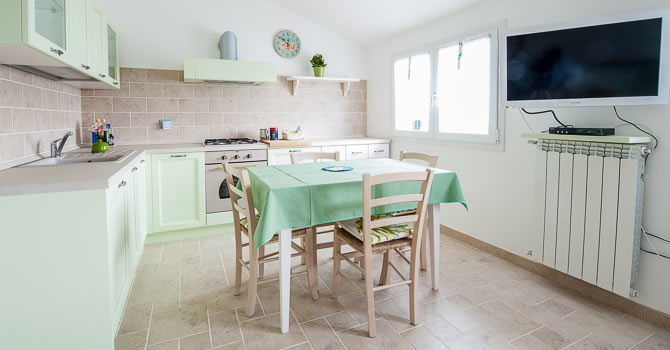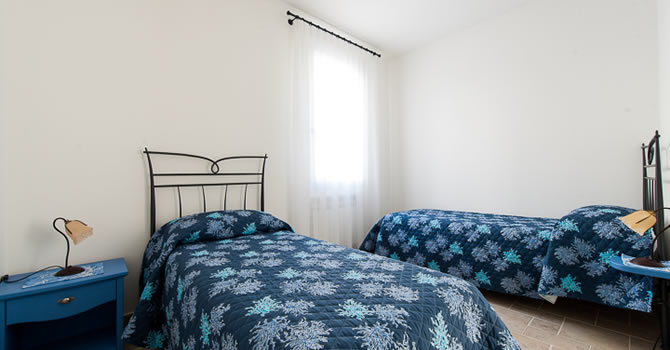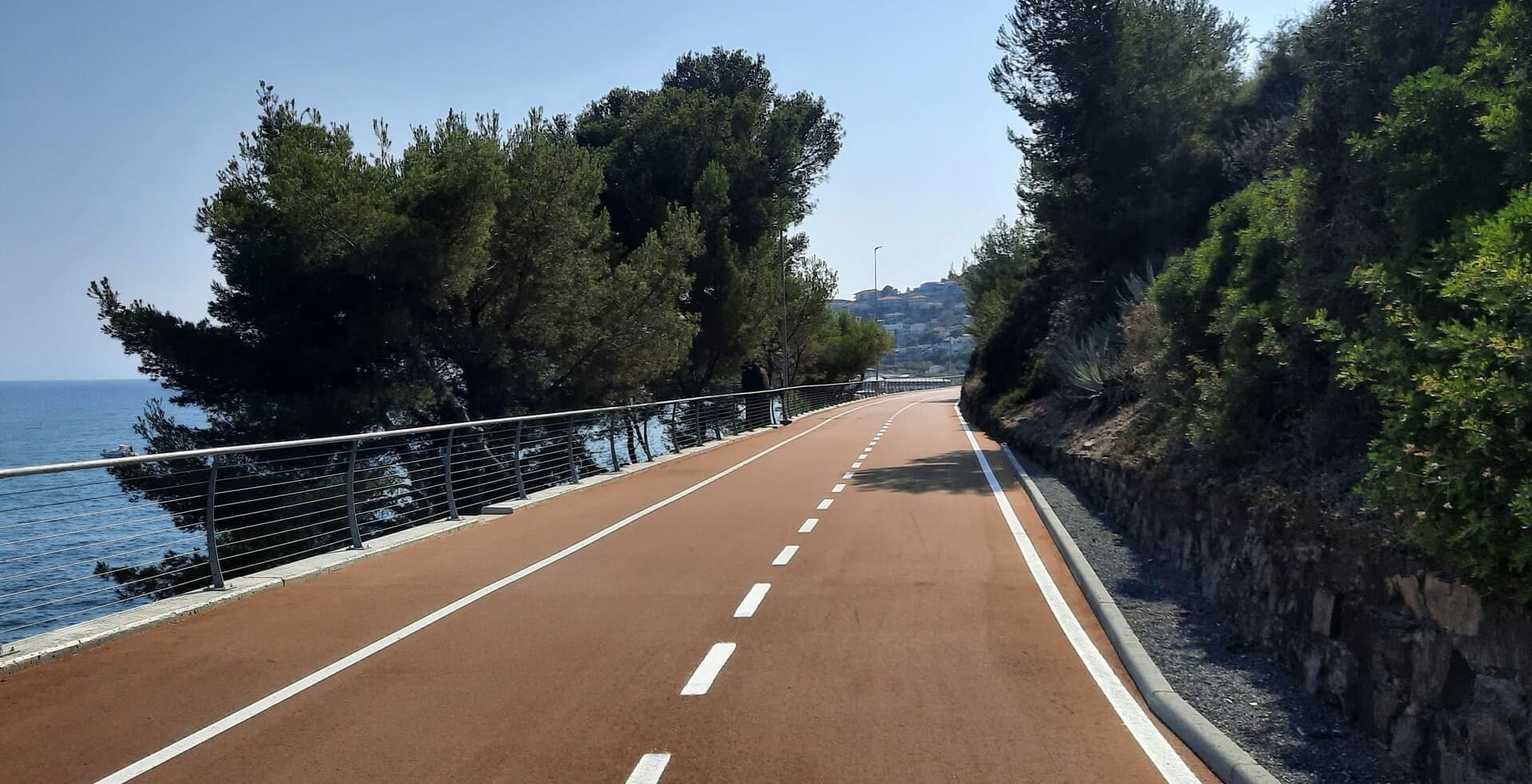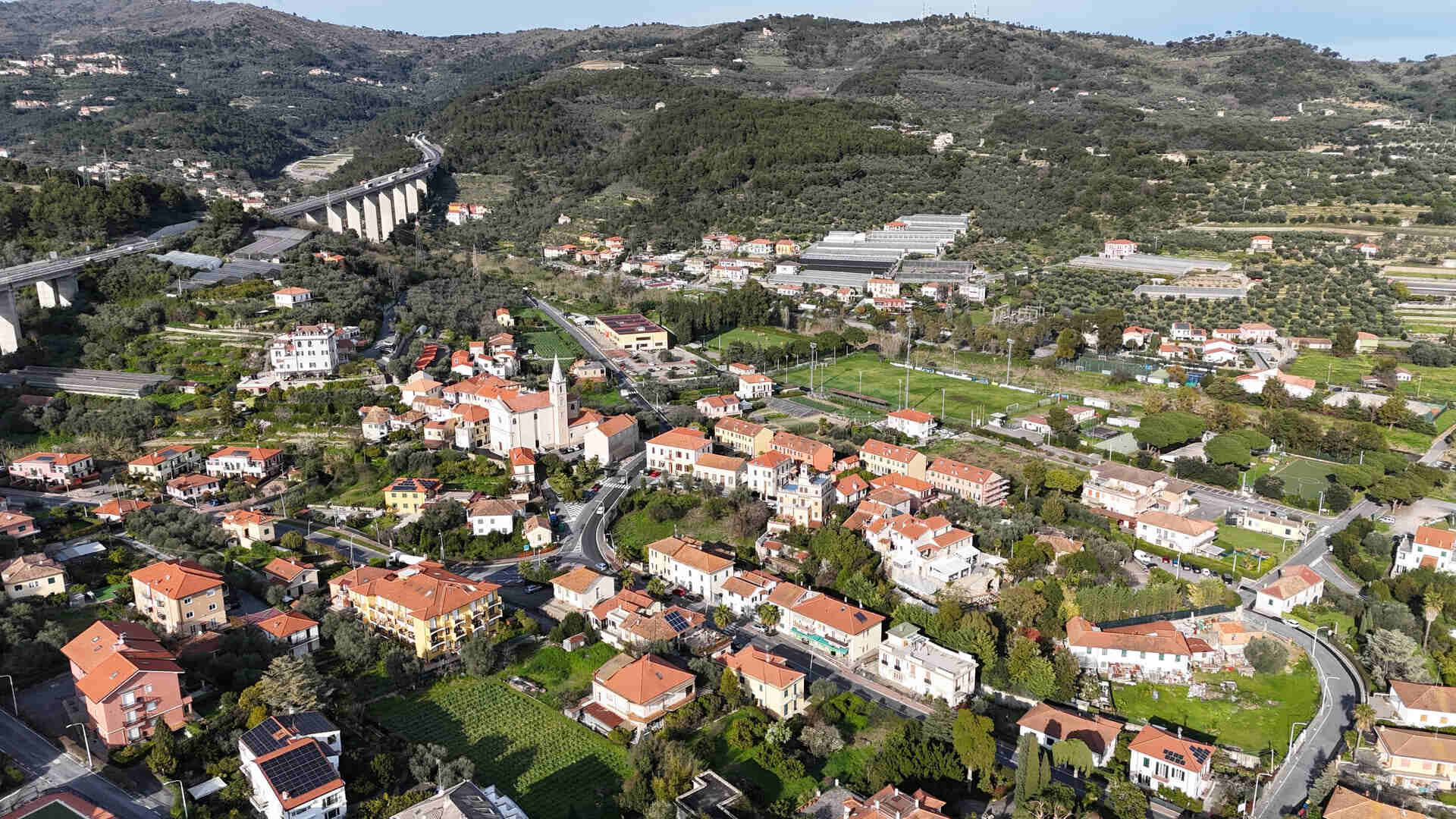
Dianese Gulf Municipalities
The hamlets of Villa Faraldi
November 21, 2020
Often those who stay in our flats in Diano Marina ask us where to find good extra virgin olive oil, or which places to visit inland. These questions fill us with joy, because they give us the opportunity to recommend our places of the heart, those farthest from the logic of mass tourism.
For this reason today we gladly propose you a route through the hamlets of Villa Faraldi, three small treasures immersed in the upper Steria Valley.
Read also - Villa Faraldi, ancient inland municipality
The territory in which the hamlets of Villa Faraldi are located
The territory of Villa Faraldi and its hamlets is located north of San Bartolomeo al Mare, just 15 kilometres from Imperia. It is the smallest municipality of the Gulf of Diano, with about four hundred inhabitants, easily reachable by the Provincial Road 34.
Once you arrive you cannot but envy those who live there, for the privileged view that embraces the whole valley, stretching out over the sea. We are in fact between 100 and 757 metres above sea level and, as you can see all over Liguria, here too the hilly landscape is marked by thick olive trees.
Read also - The hamlets and villages of San Bartolomeo al Mare

The municipality of Villa Faraldi, as we have said, includes three hamlets: Deglio Faraldi, Riva Faraldi and Tovo Faraldi, arranged together almost to form an ellipse: Deglio Faraldi and Riva Faraldi to the west, Tovo Faraldi and the hamlet Tovetto, to the east. The urban layout is rather decentralized and composed of scattered nuclei of houses, as we have often observed in our tours around the hinterland of Imperia.
Read also - Diano San Pietro and its hamlets
History of the hamlets of Villa Faraldi
As well as the most important centre, here too the predominant architectures are those typical of the medieval Ligurian villages. Ancient houses with narrow caruggi, steep staircases leading to low gates and facades reinforced by agile buttresses of the Gothic age.
A stone memory that seems to have no confirmation in medieval documents, except for the case of the hamlet of Tovo, also known as "Villa degli Arduini". However, it is not difficult to believe that also the settlements of Deglio and Riva Faraldi were born in the same period, favoured by the particular environmental conditions, such as the great availability of water. This, especially in the hamlet of Riva Faraldi, gave it a privileged connection with Diano Castello.

Most probably it is in the modern age that olive tree cultivation, still today the most important economic activity, is established in this territory. It is not impossible, however, that this activity started already in the Middle Ages, if in a document dated 1353 the presence of numerous mills for the milling of wheat and olives is documented.
As for the number of inhabitants, instead, we have to wait for the annals of Agostino Giustiniani of the XVI century. These inform us that, while in Villa Faraldi and Riva Faraldi there were about 30 families, in Terruzzi (probably Deglio) 20, and only 15 in Tovo. Although these numbers were affected by a recent plague, which had caused an increase in mortality in those places, it is interesting to note that things were not so different from today, where the population density in these places is still quite low.
What to see in the hamlets of Villa Faraldi
Those who want to discover the hamlets of Villa Faraldi can easily do so on foot or by bicycle, so as not to miss any detail. Of course you cannot leave out the historical centres of the various localities which, as we have said, preserve all the charm of the traditional Ligurian villages.
We suggest you to visit also some of the less known places, such as the Prato dei Coppetti, in Deglio Faraldi. This is a vast flat area, once used for various agricultural activities, including the harvesting of hay. Before reaching the village of Riva Faraldi, instead, there are the ancient mills and, not far away, you can admire a beautiful medieval bridge.

The Oratory of San Sebastiano in Tovetto Faraldi, which houses the statue of San Rocco and the polyptych of San Sebastiano, is also of great architectural interest. In Tovo Faraldi, instead, it is impossible not to visit the baroque church of Sant'Antonio Abate with its numerous works of artistic value. We remember, among all, the great sixteenth-century polyptych depicting the Virgin between St. Anthony Abbot and St. John the Evangelist, attributed to Raphael and Giulio De Rossi, known for a long time as "Pancalino". Another 16th century polyptych, this time by Giulio De Rossi alone (c. 1576), can be found in the church of San Bernardo in Deglio Faraldi.

In Riva Faraldi, finally, the Church of the Transfiguration of Jesus is remarkable, which preserves a group of wooden statues representing the transfiguration.
A few kilometres from our farmholidays in Diano Marina there is a hinterland rich in history and charm, where the peasant culture peacefully blends into a generous landscape. The hamlets of Villa Faraldi are an example of this very ancient reality, which only asks to be known and appreciated.
Listen to all podcasts published on our official channels:







